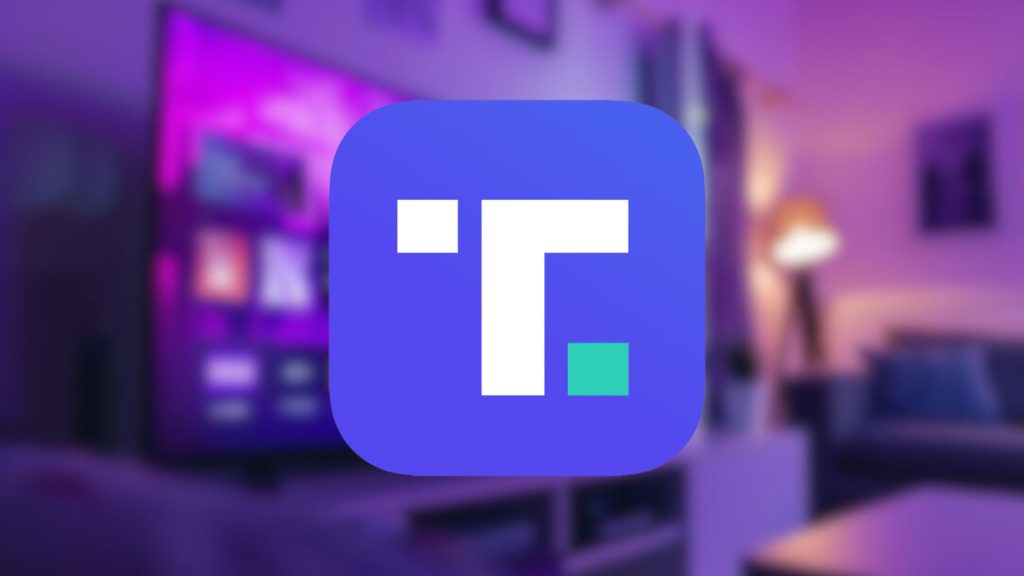California-based Electronic Frontier Foundation (EFF), a well-known digital rights outfit, unfortunately hardly ever runs out of issues to speak up against, or shed light on in the hope of the public taking note, and taking action.
The group is now calling on US citizens to do just that, in a bid to prevent a US-UK deal to exchange sensitive data – the Cloud Act Agreement – from coming into force in a few months’ time.
And while the agreement “sells out the rights of the public in both nations” – EFF says that as far as US citizens are concerned, the deal would “effectively abrogate Fourth Amendment protections.”
The Fourth Amendment of the US Constitution deals with ownership rights and protection from unreasonable searches and arbitrary arrests.
It forms the basis for legislation regulating search warrants, wiretaps, and other forms of surveillance.
Somewhat ironically, the injustice of colonial British authorities using “general warrants” to seize property in what would eventually become the US was largely what drove the introduction of this very amendment – but now, the two countries seem to have come full circle.
The Cloud Act, if enacted, will allow UK police to perform warrantless searches of data generated by US citizens.
EFF, meanwhile, is telling them that it’s not too late to take action, and urges US citizens to speak to their representatives in Congress to ensure they propose a joint resolution as a realistic way to prevent the deal from coming into effect.
The digital rights group said it was joining 19 similar organizations worried that the deal includes insufficiently strong review standards that fall short of the Fourth Amendment when it comes to warrant requirements.
In addition, the agreement has “no safeguards for free expression” while the authorities will be under no obligation to inform persons under surveillance that they are being targeted in this way.
Moreover, the deal’s detractors said, foreign police will be given the ability to eavesdrop on US citizens’ conversations in real-time – while the law of the land calls for “high requirements” in such instances of intrusive surveillance.
And if you thought the Cloud Act was designed to deal with some extraordinary threats – EFF says the unprecedentedly broad powers would be granted to a foreign police “even for relatively low-level crimes.”
If you're tired of censorship and dystopian threats against civil liberties, subscribe to Reclaim The Net.









